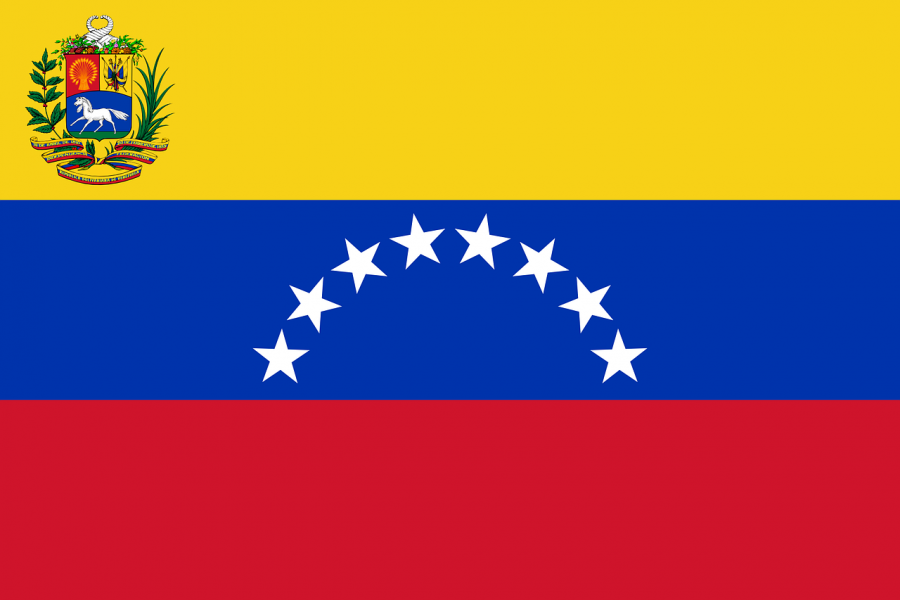On September 25, President Donald Trump and his administration announced the third version of the infamous travel ban. This adaptation added new countries to the list, such as North Korea and Venezuela, in addition to many Middle Eastern and African countries. Due to recent escalations, North Korea’s addition may not have been very shocking, but many Americans were surprised to see Venezuela on the same list.
For months now, the people of Venezuela have been protesting the declining economy and the rising dictatorship. The government’s lack of concern for the people has caused massive protests and has led to the formation of citizen “guarimba” – a barricade where one must pay to get through safely. While these protests, guarimbas and suspected election-rigging have not had strong media coverage in the United States, the unstable situation has been noticed by the White House.
Currently, the travel ban only affects Venezuelans who are government officials and their immediate family. However, considering this is the third iteration of the travel ban, and it has still not been decided on by the Supreme Court, that may be liable to change. “Any policies against the Venezuelan government would likely cause more pressure on its citizens,” says Matteo Singer, who lived in Venezuela for several years. Singer is worried, and rightfully so, as 57 countries have raised concerns about human rights in Venezuela. Singer is not the only person worried about government retaliation in response to the news.
“When Nicolas Maduro, our president, makes a political speech, he creates a very big emphasis on making the United States look like the enemy,” says Henrry Bustamante, a Venezuelan native. “In order to do this, he demonizes [the U.S.] in his speeches. This will only give him more material to do so, and [will allow him to] justify himself to a certain extent.”
Fleeing the country is very common as the situation grows more unstable. “…everyone to a greater extent is expected to leave the country one day. When you meet someone, one of the first questions they ask you is ‘When are you leaving the country?’” Bustamante explains.
The BBC estimates that 25,000 people cross the border into Colombia every day to escape the madness. Many Venezuelans are worried that if the travel ban vetting for Venezuela increases, they will not be able to flee to America, another popular country for relocation.










Jasmin L. • Oct 2, 2017 at 11:18 am
Great article!
We’ve just recently discussed some of those issues in class but this was so much more informative! Can’t wait to read more stories written like this!!!